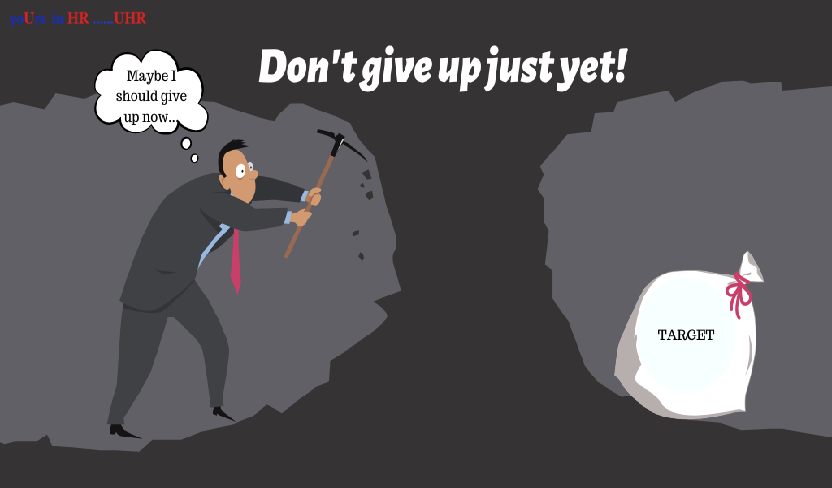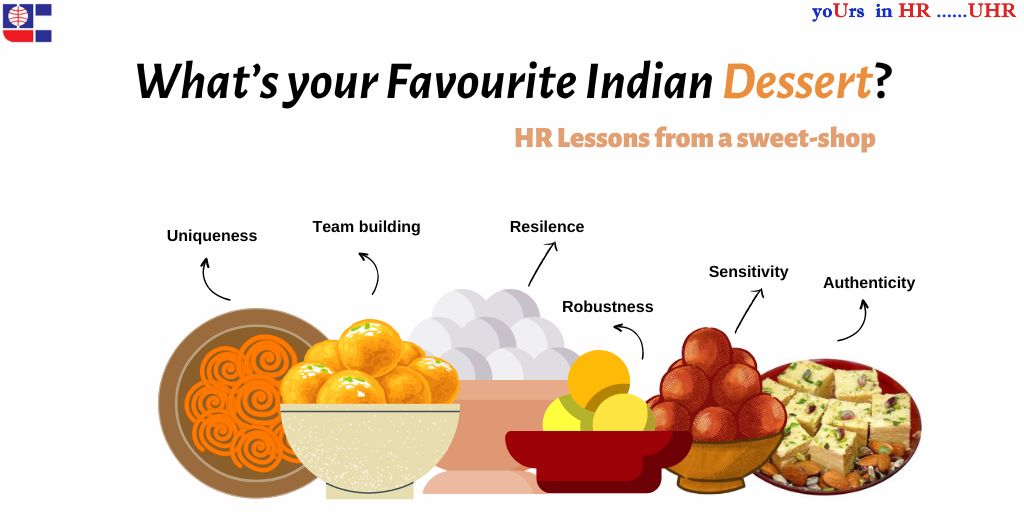
If you grew up in a world that didn’t have computers and much modern technology all the time, you probably found many different ways to pass time. One of those would be solving a Rubik’s cube. Solving a Rubik’s Cube can be frustrating, before it gets rewarding. It can test your patience before it can give you a reason to rejoice.
A similar thing can happen beyond a simple game of Rubik’s cube. Things can get worse before they get better. We are often very close to giving up on something and then suddenly, just as we loosen the grip, it all falls into place. Before giving up on anything, it might do us good to keep this in mind: we might be very close to a breakthrough without realising it, even though nothing seems to be working in our favour in that moment.
In addition to the situations when we have been persistently trying hard at something for some time, things can also feel like they are going worse before they get better in scenarios such as changes in operations, management, strategies, and anything new that is implemented. We might feel like the change is not working so far, and hence it must be time to give up on the change and call it a failure.
What can we do to ensure we don’t give up too early?
Be okay with the discomfort of the process: Many of us give up on projects and things when we encounter the discomfort or perception of failure. We might see no results as we pitch in to that client day after day, or we see no results as we continue on a new project, and that absence of an external cue of success can be uncomfortable. The lesson here is to remember that process takes time. We might not realise it, but that client might get impressed by our persistence, and finally agree to our request. Or it takes one tiny breakthrough, built upon the foundations of our earlier hard work on a project, to turn things around. The key is to embrace the discomfort that comes with the process of doing something and not seeing immediate results.
Embrace the journey: It is often an overwhelming focus on the end result that makes us impatient and oversensitive to setbacks. Solving a Rubik’s cube might not be as frustrating if we actually focus on solving it, instead of thinking what a great achievement it would be if we solved it. Embracing the chaos that comes with starting anything new will make us more prepared to deal with the chaos, instead of focusing on negative thinking patterns such as ‘I should never have started this/we should never have decided to introduce this xyz strategy’. Taking it one step at a time, learning from each step, and being curious where our next step takes us and teaches us would be a better mindset to have than being in a rush to get to the end of the task.
Whether ongoing or new tasks or ideas, things might get worse before they get better, because it is after all a process. Processes are rarely smooth, and processes are often rollercoasters with their thrills, drops and highs, disappointments, lessons and tiny achievements before we can end up on the finish line, and look back at the wonderful journey we have had. Don’t give up just yet!


